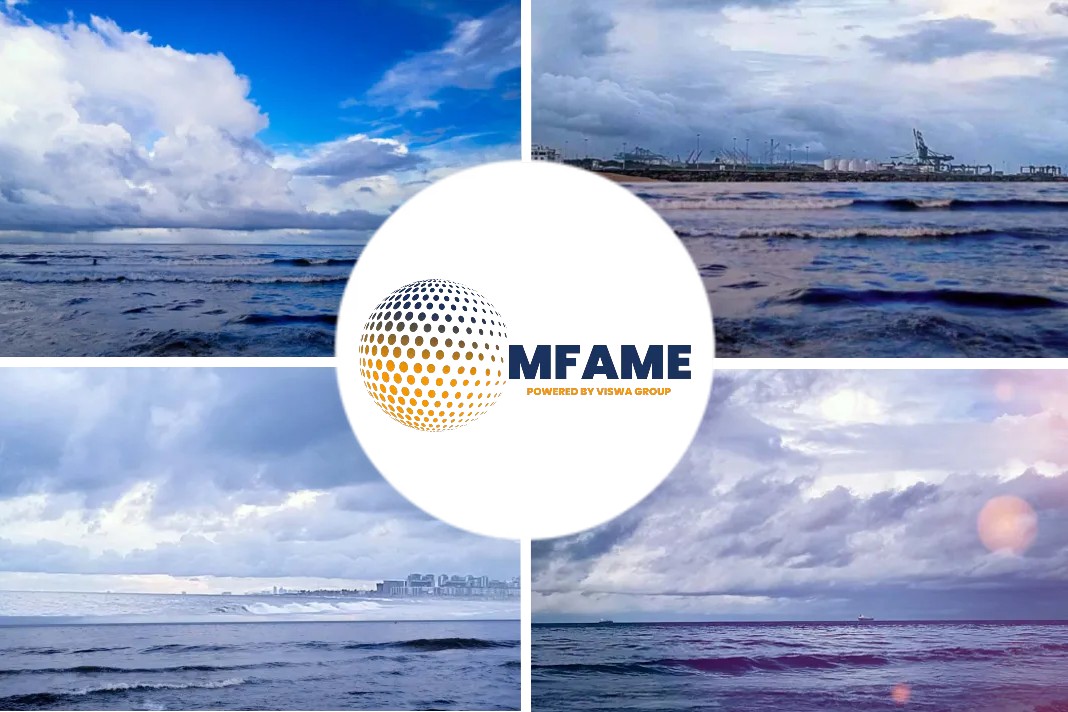- UK Consults on Adding International Voyages to ETS from 2028.
- 50% Emission Coverage Proposed for UK-Linked Global Routes.
- Full Coverage Achieved on UK–EEA Voyages via UK ETS + EU ETS.
The UK is gearing up to implement the ETS carbon price on half of the emissions from international voyages, aligning with the current setup under the European Union’s ETS. This move guarantees that all voyages between the UK and the European Economic Area are fully covered by the combined reach of both systems, reports Safety4Sea.
Expected Impact on Decarbonisation
By including international voyages, we anticipate a boost in emissions reductions. A deeper dive into the additional effects will be provided in an upcoming Impact Assessment, which will be released alongside the Authority’s final policy response.
Benefits and Costs Outlined in Domestic IA
The domestic maritime Impact Assessment highlights advantages like reduced greenhouse gas emissions and better air quality. On the flip side, there are costs tied to investments in abatement technologies, compliance with regulations, and purchasing UK ETS allowances. We expect similar effects with the international expansion, although the exact results will hinge on how it interacts with the EU ETS and the IMO’s NZF framework.
Minimal Administrative Burden for Operators
Since the domestic expansion already encompasses all port emissions, regardless of the voyage, there won’t be any new operators added under the international proposal. Many of the operators affected are already in compliance with EU ETS and IMO DCS reporting, which helps keep additional administrative costs to a minimum.
Reduced Risk of Gaming and Carbon Leakage
Data from the EU ETS indicates that there have been few changes in routes to dodge coverage, although there have been some extra calls at UK ports to lessen exposure to the intra-European ETS. By applying 50% coverage to international voyages, this incentive would be eliminated, even if UK port activity might see a slight dip.
Cost Pass-Through Expected to Stay Low
European data reveals that the costs associated with the EU ETS for maritime transport remain relatively low, although operators have started adding surcharges to recoup expenses. Any pass-through to consumer goods is expected to be minimal, and we anticipate similar trends with the UK’s international expansion.
Did you subscribe to our daily Newsletter?
It’s Free Click here to Subscribe!
Source: Safety4Sea

























